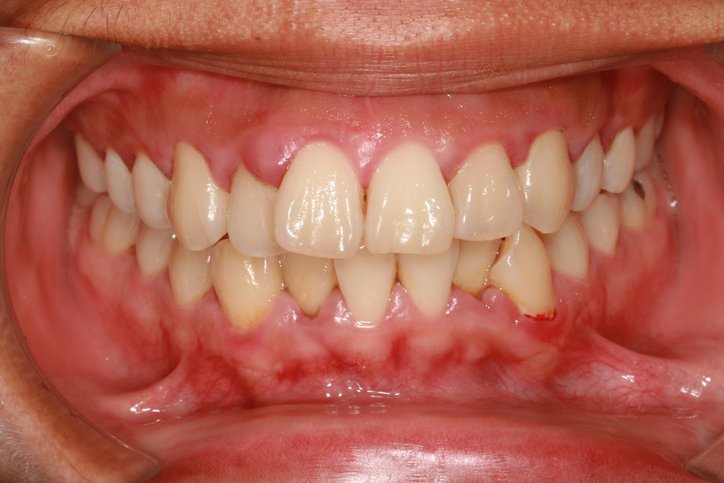Contents:
- Medical Video: What is a Wet Dream?
- 1. What is a wet dream?
- 2. What causes wet dreams?
- 3. Is there something wrong with me because I experience continuous wet dreams?
- 4. Does everyone experience wet dreams?
- 5. Is there something wrong with me if I don't experience wet dreams?
- 6. Do women experience wet dreams?
- 7. What should I do if I have a wet dream?
- 8. Can I prevent wet dreams from happening?
Medical Video: What is a Wet Dream?
Have you ever woken up feeling something wet and sticky on your underwear or pajamas? At first you might think you have wet your bed. But if you have experienced it or have passed puberty, you may have a wet dream.
Doctors call wet dreams "nocturnal emissions". Nocturnal means night, and emissions is another word for release.
Curious about what a wet dream is and why do you experience it? Here are answers to some frequently asked questions about wet dreams.
1. What is a wet dream?
A wet dream is when you ejaculate while sleeping. Ejaculation means you expel semen (a liquid containing sperm) from your penis. Usually wet dreams occur when you dream about sex, but you may not remember your dreams.
You don't need to masturbate to experience wet dreams. You can ejaculate without having to touch your penis.
2. What causes wet dreams?
When you experience puberty, your body will begin to produce the male hormone testosterone. After your body produces testosterone, you can get sperm out. This means you can fertilize an egg if you decide to have children in the future. This also means you can impregnate women through sex.
During puberty, you can experience an erection at any time. At school, when watching TV, while taking a shower, and you can even experience an erection during sleep.
Semen is produced in your body. The only way for semen to come out is through wet dreams.
3. Is there something wrong with me because I experience continuous wet dreams?
Wet dreams are very normal when you grow up. There is nothing you can do to control or stop your wet dreams.
Even though you often experience wet dreams, it doesn't mean something is wrong with you. Some men experience wet dreams several times a week. Others may only experience it several times in their lives.
If you have released sperm by masturbating or having sex with a partner, you may experience wet dreams that are less frequent.
4. Does everyone experience wet dreams?
You have to experience puberty and your testicles must be able to produce sperm to experience wet dreams. A wet dream during puberty is very normal.
5. Is there something wrong with me if I don't experience wet dreams?
Not all teenage boys experience wet dreams. In fact, not having a wet dream does not mean there is something wrong with you.
6. Do women experience wet dreams?
Even though women cannot ejaculate, they can experience orgasm in dreams, even though the incidence is not as many as men.
7. What should I do if I have a wet dream?
When you wake up, clean yourself. Wash your genitals with soap and water, including the area under the penis if you have not been circumcised.
If you feel guilty or uncomfortable when experiencing a wet dream, talk to someone. Meet a doctor, parent, consultant or other adult you trust.
8. Can I prevent wet dreams from happening?
Although some people feel that they can prevent wet dreams from happening, there is still no proven way to do this. Replacing bed linen or cleaning yourself after a wet dream is indeed embarrassing or annoying, keep in mind that wet dreams are normal and are part of self-development.
If you feel uncomfortable in experiencing a wet dream, talk to an adult you trust: a parent, school consultant, or your health professional. Talking about this is the best way to make you feel better about the natural stages of your body's development.












